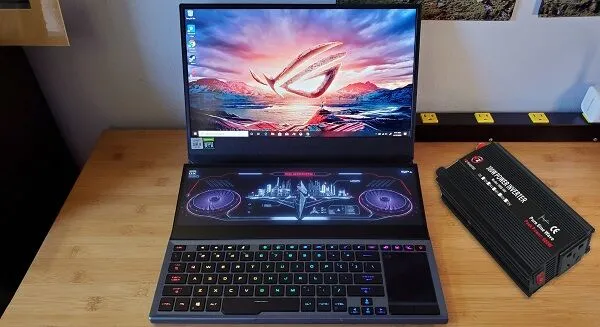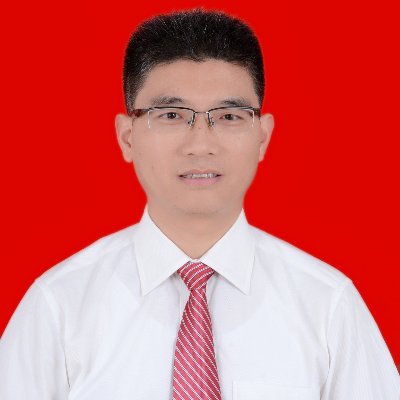Inverters are essential components in modern energy systems, converting DC power from batteries or solar panels into AC power for use in homes and businesses. As technology advances, inverters are becoming more efficient and versatile. This article explores the latest trends in inverter technology, highlights their advantages and disadvantages, and offers guidance on selection and maintenance. HzInverter offers a range of high-quality inverters, including Inverter Boards, Modified Sine Wave Inverters, Pure Sine Wave Inverters, and Solar Inverters, catering to customers worldwide with innovative solutions.
Technology Trends in Inverters
- Increased Efficiency
- Modern inverters boast higher efficiency rates, reducing energy loss during conversion.
- Advances in semiconductor materials and design contribute to this improvement.
- Smart Inverters
- Integration of smart technology allows inverters to communicate with energy management systems.
- These inverters can optimize energy use, monitor performance, and provide real-time data.
- Hybrid Inverters
- Hybrid inverters combine solar and battery storage capabilities, offering greater flexibility and energy independence.
- They can manage multiple power sources and switch seamlessly between them.
- Scalability and Modular Design
- New inverters are designed to be scalable, making them suitable for small residential setups and large commercial installations.
- Modular designs allow for easy expansion and customization.
Pros and Cons of Inverters
Advantages:
- Energy Conversion
- Inverters efficiently convert DC to AC power, making renewable energy sources usable for everyday applications.
- Grid Independence
- Solar and battery inverters enable grid-independent operation, providing backup power during outages.
- Energy Savings
- By optimizing energy use and reducing reliance on the grid, inverters contribute to significant cost savings.
- Environmentally Friendly
- Inverters support the use of renewable energy, reducing carbon footprints and promoting sustainability.
Disadvantages:
- Initial Cost
- High-quality inverters can be expensive, though they often pay for themselves through energy savings over time.
- Maintenance
- Regular maintenance is required to ensure optimal performance and longevity.
- Complexity
- Advanced inverters with smart features may require more complex installation and setup.
How to Choose the Right Inverter
- Power Needs
- Assess your energy requirements to determine the appropriate inverter capacity.
- Consider peak power demands and the total energy consumption of your appliances.
- Type of Inverter
- Choose between Modified Sine Wave Inverters and Pure Sine Wave Inverters based on your specific needs.
- Pure Sine Wave Inverters provide cleaner power and are ideal for sensitive electronics, while Modified Sine Wave Inverters are more cost-effective for less sensitive applications.
- Efficiency
- Look for inverters with high efficiency ratings to maximize energy savings.
- Consider the inverter’s efficiency at different load levels.
- Features
- Decide which features are important, such as smart connectivity, hybrid capabilities, or monitoring options.
- Ensure the inverter is compatible with your existing energy system.
Installation and Maintenance of Inverters
- Professional Installation
- Hiring a professional installer ensures the inverter is set up correctly and safely.
- Proper installation maximizes performance and prevents potential issues.
- Regular Maintenance
- Perform routine inspections to check for dust, debris, and signs of wear.
- Ensure all connections are secure and components are functioning correctly.
- Monitoring Systems
- Utilize monitoring systems to keep track of the inverter’s performance and energy output.
- Early detection of issues allows for timely maintenance and repair.
- Cooling and Ventilation
- Ensure the inverter has adequate ventilation to prevent overheating.
- Some inverters may require additional cooling systems for optimal performance.
HzInverter: Your Source for Quality Inverters
HzInverter specializes in providing high-quality inverters to customers around the globe. Our range includes Inverter Boards, Modified Sine Wave Inverters, Pure Sine Wave Inverters, and Solar Inverters. Our team is dedicated to innovation and development, ensuring that we offer reasonable and efficient solutions tailored to the needs of different regions and applications. Whether you are looking for a reliable inverter for your home or a scalable solution for a commercial project, HzInverter has you covered.



